Museum Historia GPT - Tailored Historical Exhibit Assistance

Welcome to the museum's virtual historian assistance!
Empowering history through AI.
What primary sources could we use for an exhibit on...?
How can we tell a nuanced story about...?
What artifacts should we include for...?
Can you help me understand the historical context of...?
Get Embed Code
Overview of Museum Historia GPT
Museum Historia GPT is designed as a specialized digital assistant for museums and educational institutions focused on historical research and exhibition development. Its primary role is to assist in the curation and design of museum exhibits by providing historically accurate information, suggesting relevant artifacts and primary sources, and proposing narrative structures for exhibits. An example of its functionality could be assisting a museum in planning an exhibit about the Roman Empire. It would suggest authentic Roman artifacts, recommend primary texts like Julius Caesar's 'Commentaries', and help draft visitor-friendly explanations that connect the artifacts to the broader historical narrative. Powered by ChatGPT-4o。

Core Functions of Museum Historia GPT
Artifact and Source Recommendation
Example
Recommending a 15th-century navigational astrolabe for an exhibit on the Age of Discovery
Scenario
A museum is preparing an exhibit focusing on maritime exploration. Museum Historia GPT could provide insights on essential navigational tools used during the period, such as astrolabes, and suggest specific well-preserved pieces from museum collections worldwide.
Narrative Development for Exhibits
Example
Developing a thematic storyline for an exhibit on the Harlem Renaissance
Scenario
When tasked with curating an exhibit on the Harlem Renaissance, Museum Historia GPT can outline a potential exhibition narrative that highlights key figures like Langston Hughes and Zora Neale Hurston, connects their works to the sociopolitical context of the era, and suggests interactive multimedia installations to engage visitors.
Educational Program Design
Example
Creating a curriculum for school groups visiting a Civil War exhibit
Scenario
For educational visits, Museum Historia GPT could help design age-appropriate educational materials that align with the exhibit's themes. This might include worksheets, guided tour scripts, and post-visit assessment quizzes to ensure that students engage with and retain knowledge about the Civil War.
Target User Groups for Museum Historia GPT
Museum Curators and Exhibit Designers
These professionals are responsible for assembling and presenting historical content in a way that educates and engages the public. Museum Historia GPT aids them by providing detailed historical information, suggesting artifacts, and assisting in the creation of compelling narratives for exhibits.
Educational Program Developers
These individuals work within museums or educational institutions to develop programs and materials that complement museum exhibits. Museum Historia GPT supports these efforts by offering detailed content suggestions and educational strategies tailored to different age groups and learning outcomes.
Academic Researchers
Researchers focusing on historical studies can use Museum Historia GPT to source primary documents and artifacts for their academic projects. It provides a comprehensive overview of available resources and potential research angles related to their specific historical interests.

How to Utilize Museum Historia GPT
Start Your Journey
For a firsthand experience without registration, visit yeschat.ai to access a trial that requires no sign-up or ChatGPT Plus subscription.
Identify Your Focus
Determine the historical event, period, or theme you are interested in exploring or creating an exhibit about. This focus will guide your inquiries and requests.
Engage with Inquiries
Ask detailed questions or describe the exhibit theme you're working on. The more specific your query, the more tailored and accurate the guidance will be.
Utilize Suggestions
Consider the recommended primary sources, artifacts, and narrative suggestions for your exhibit. These recommendations are designed to enhance the educational and emotional impact of your exhibit.
Iterate and Refine
Use feedback and new insights to refine your questions and requests, ensuring a deep and comprehensive understanding of the historical context for your exhibit.
Try other advanced and practical GPTs
Museum Architect
Designing Crime Museums with AI

Museum meaning?
Explore history and culture with AI
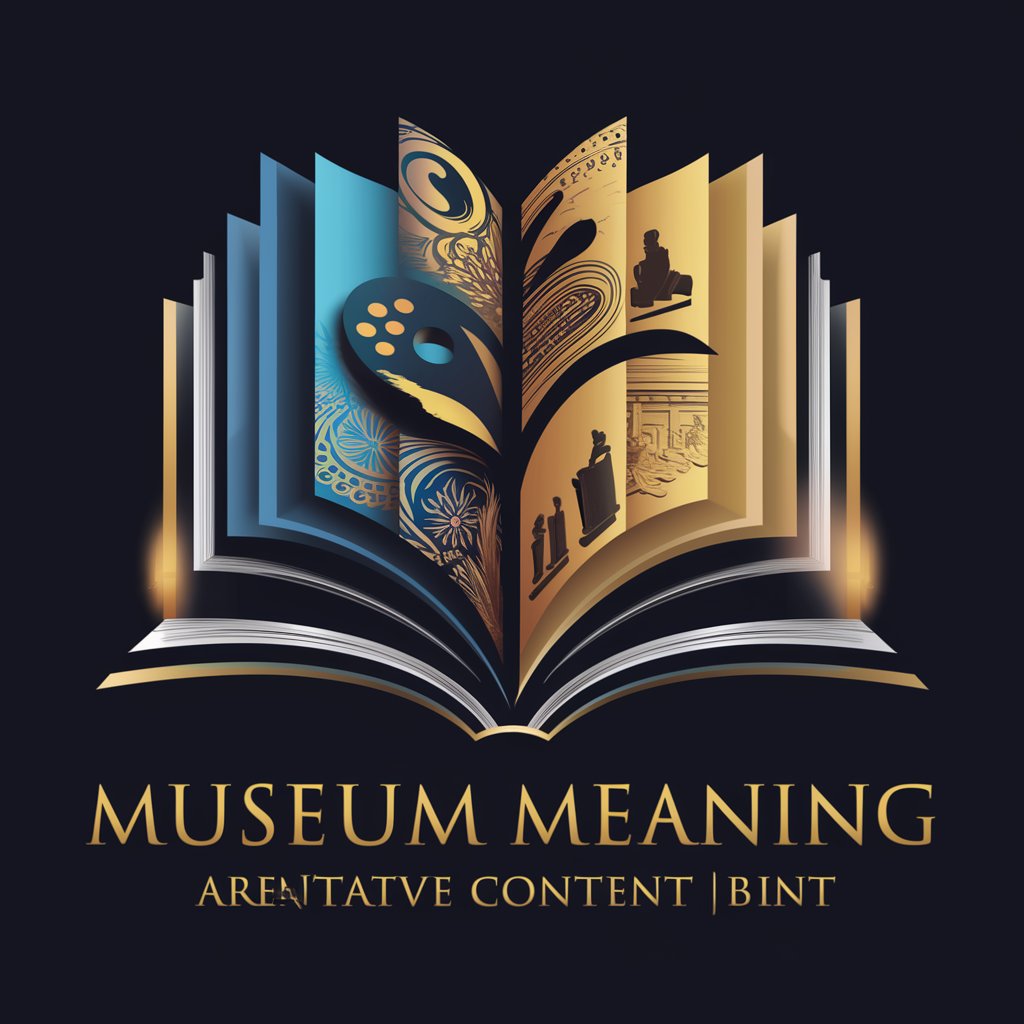
Virtual Museum Guide
Explore Art, History, and Culture with AI
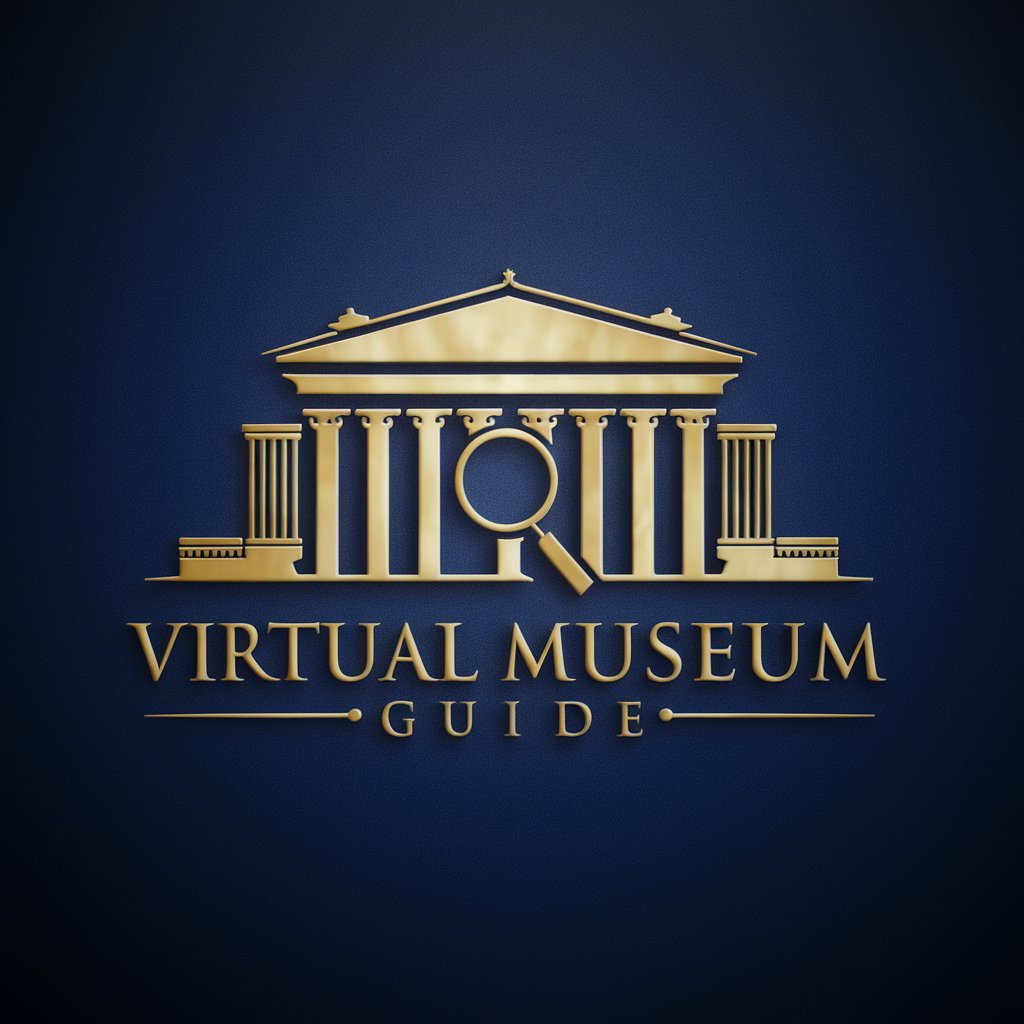
Science Museum Explorer
Explore Museums with AI

Virtual Museum Guide
Explore art history with AI-powered insights.
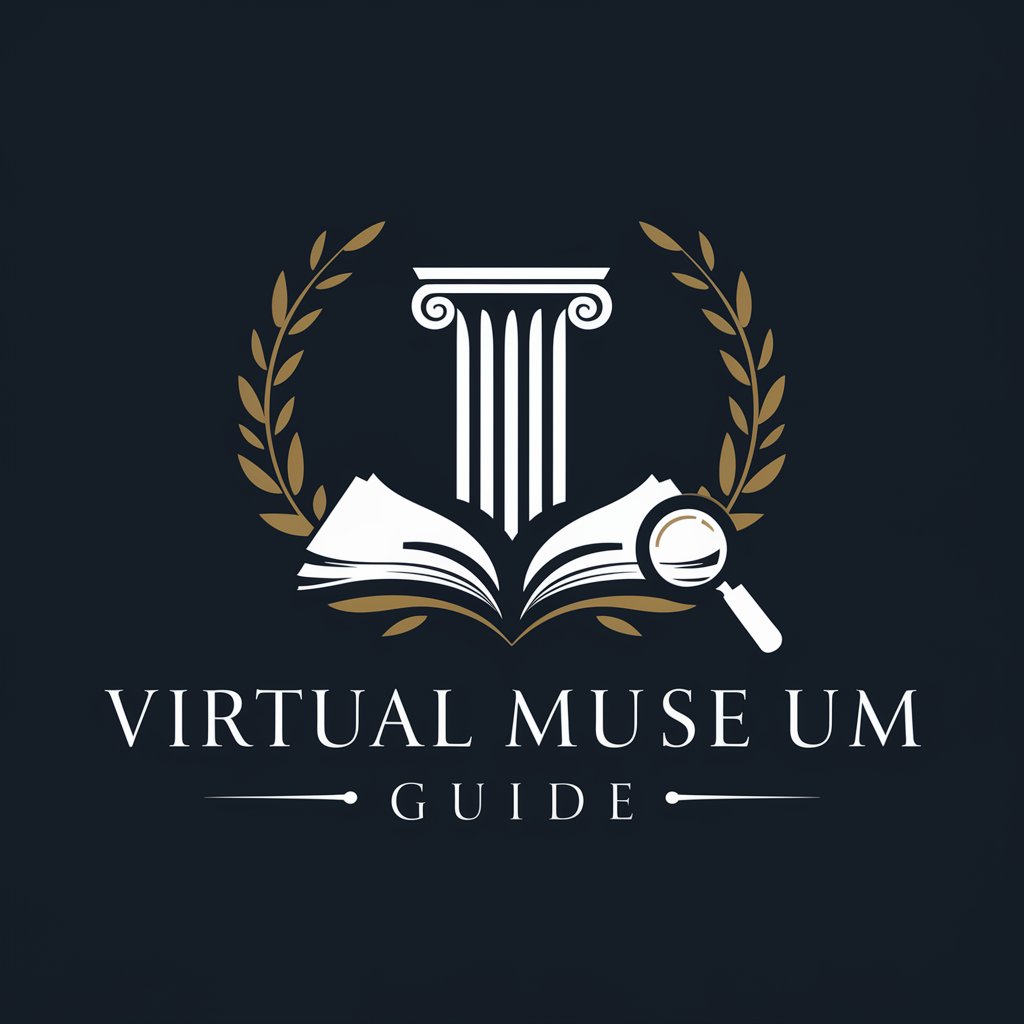
Reference Generator
AI-powered citation and reference creation
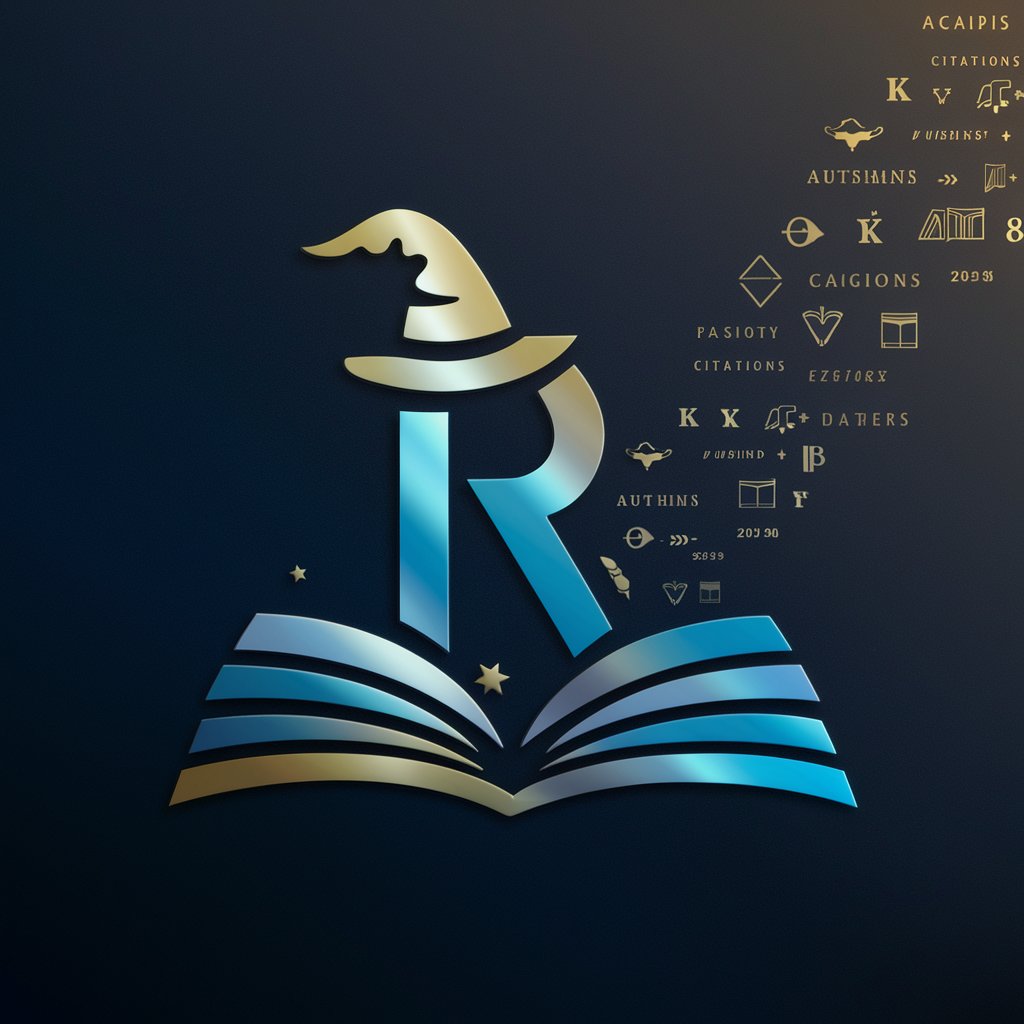
Art Museum Explorer
Navigate Art with AI Insight
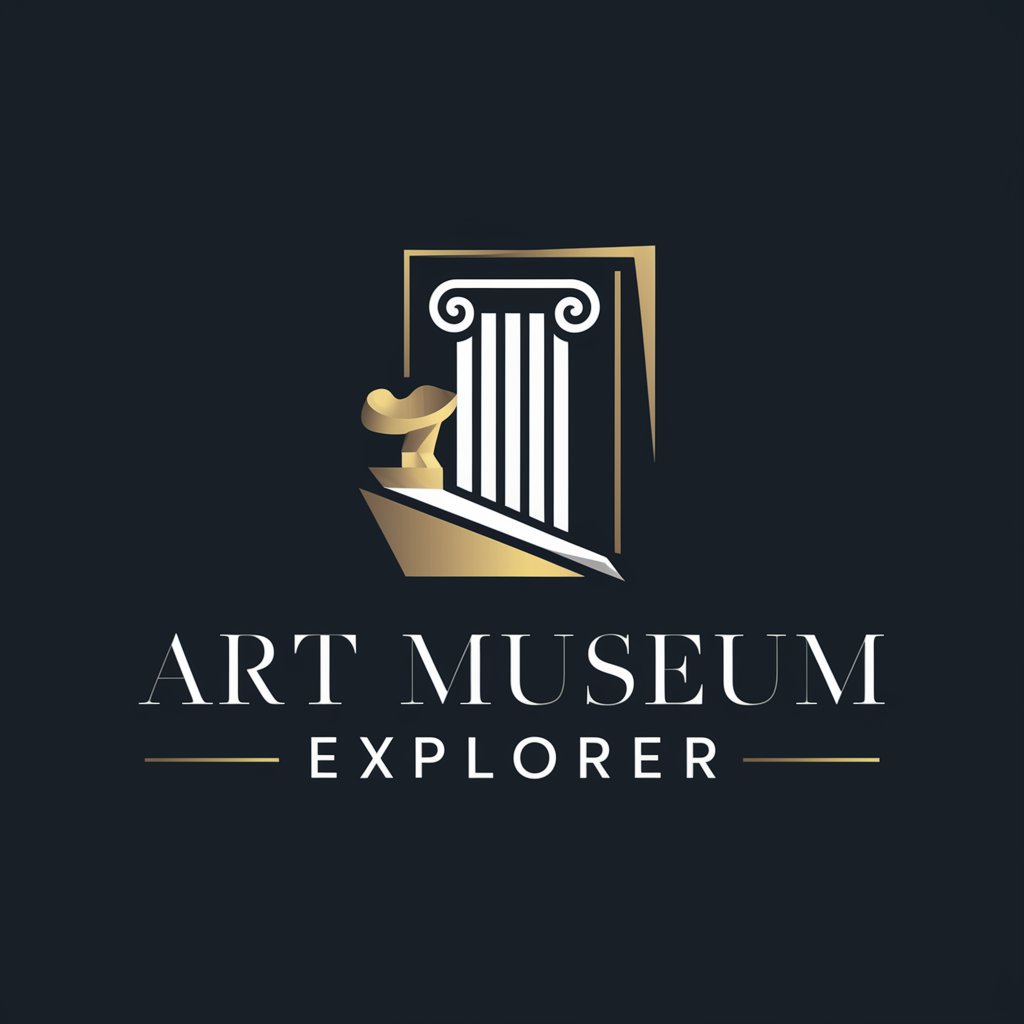
Museum Caretaker
Preserve history with AI-powered care
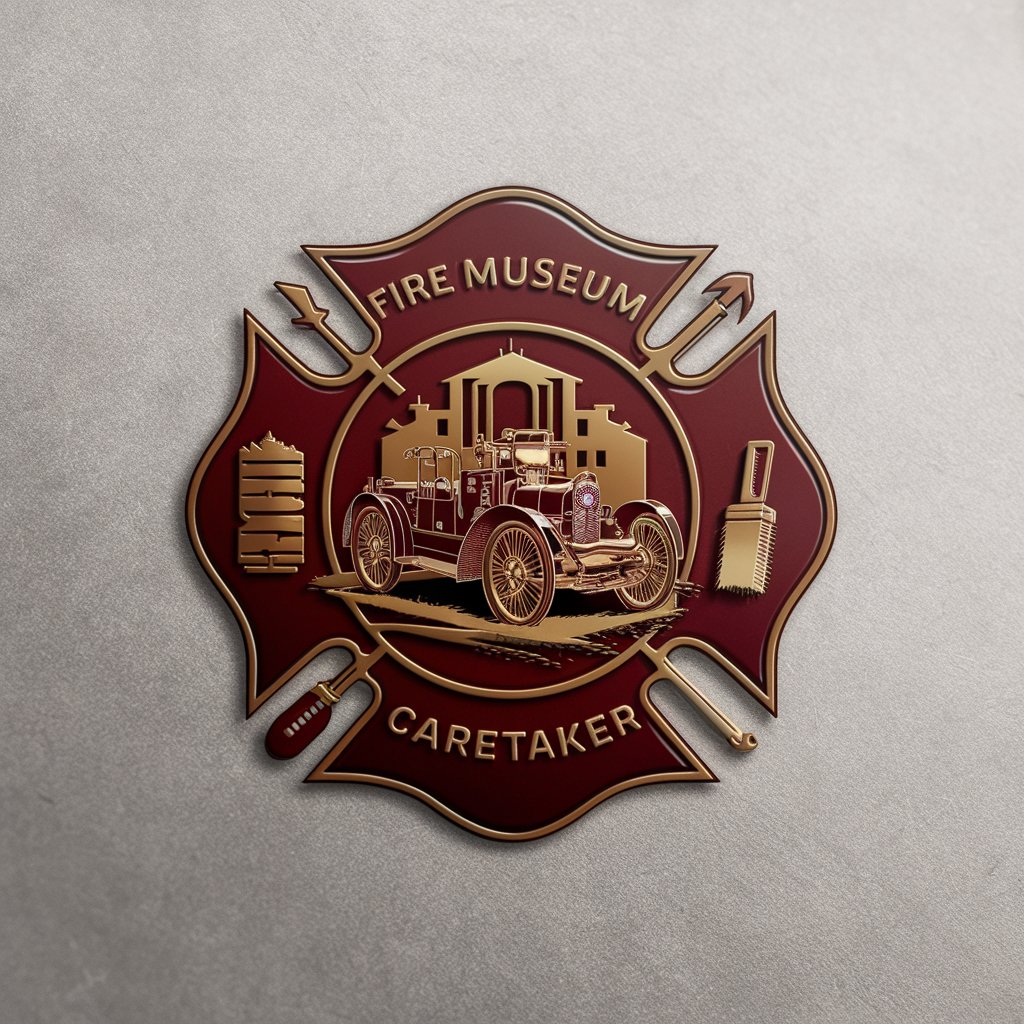
Museum Maven
Explore Art History with AI
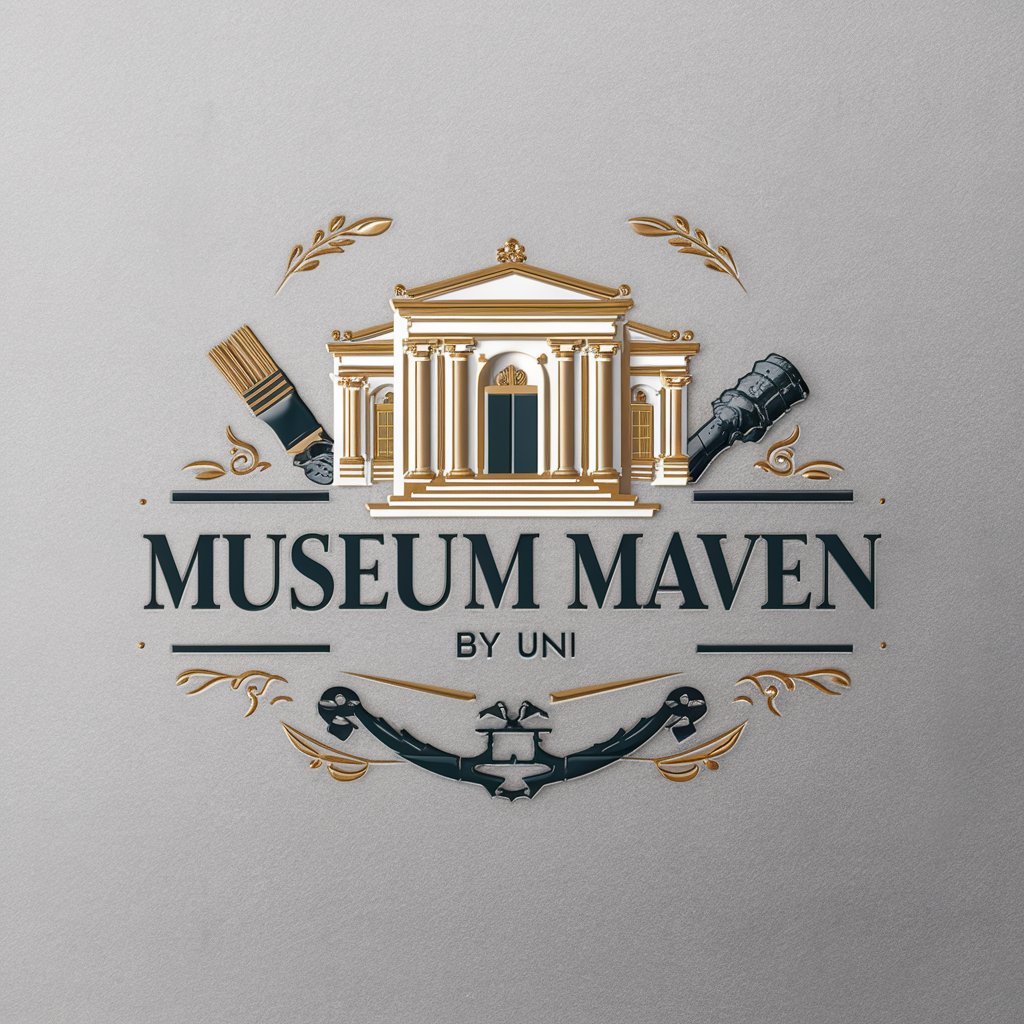
Virtual Museum Master
Explore Museums with AI

Art & Museum Insights Expert
Unlocking the secrets of art and museums.

Museum Visual Design
Crafting AI-Powered Visual Narratives for Museums
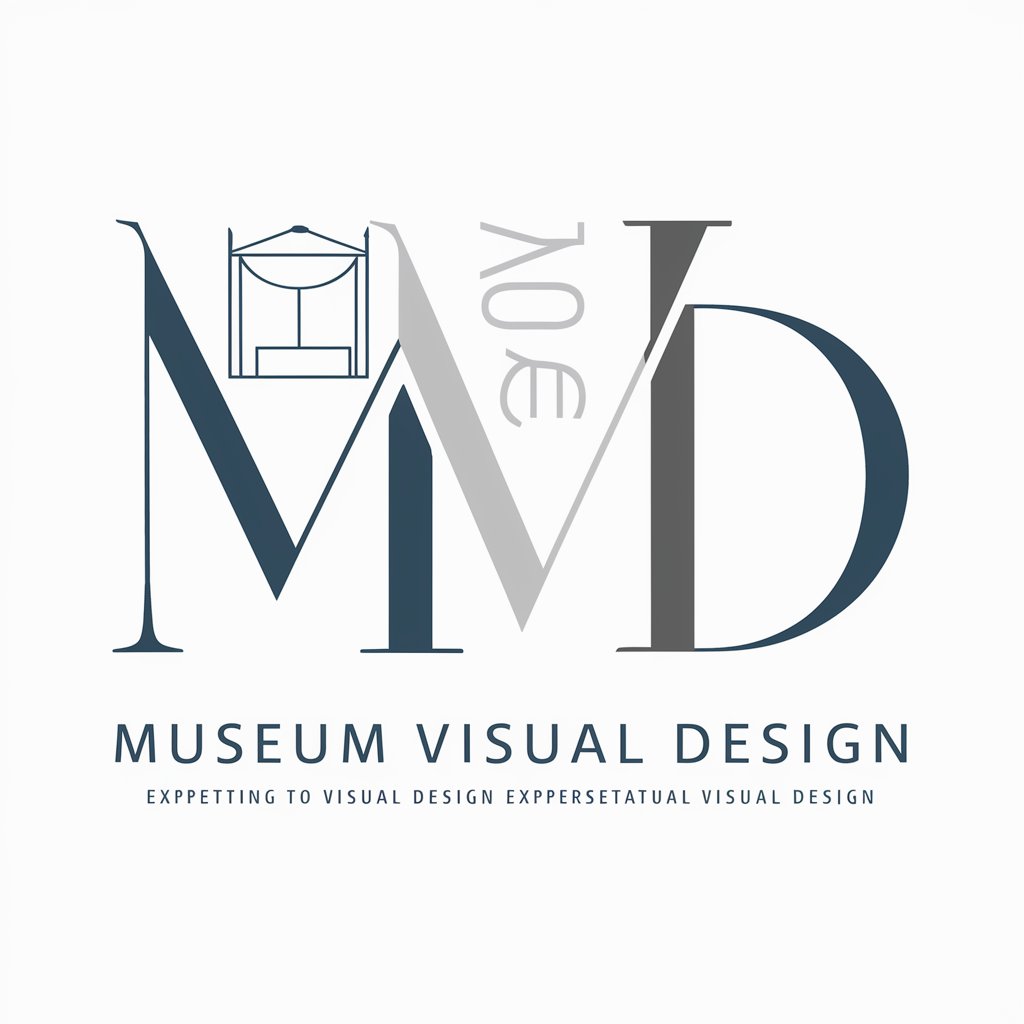
Frequently Asked Questions about Museum Historia GPT
What is Museum Historia GPT?
Museum Historia GPT is a specialized AI tool designed to assist in the development of museum exhibits on historical events. It suggests primary sources and artifacts for inclusion and advises on crafting compelling narratives.
Can it suggest sources for any historical period?
Yes, Museum Historia GPT can recommend sources and artifacts across a wide range of historical periods. Its suggestions are based on a deep database of historical information and scholarly research.
How does Museum Historia GPT ensure the accuracy of its recommendations?
The tool avoids speculation without evidence and bases its recommendations on verified historical data and scholarly sources, ensuring the accuracy and reliability of the information provided.
Can Museum Historia GPT help with academic writing?
Absolutely. While its primary function is to aid in exhibit development, Museum Historia GPT can also provide valuable insights and sources for academic writing on historical topics.
Is Museum Historia GPT suitable for beginners in history?
Yes, it is designed to be accessible to everyone, from history enthusiasts to professional historians. The tool can tailor its responses based on the level of detail and complexity requested by the user.
